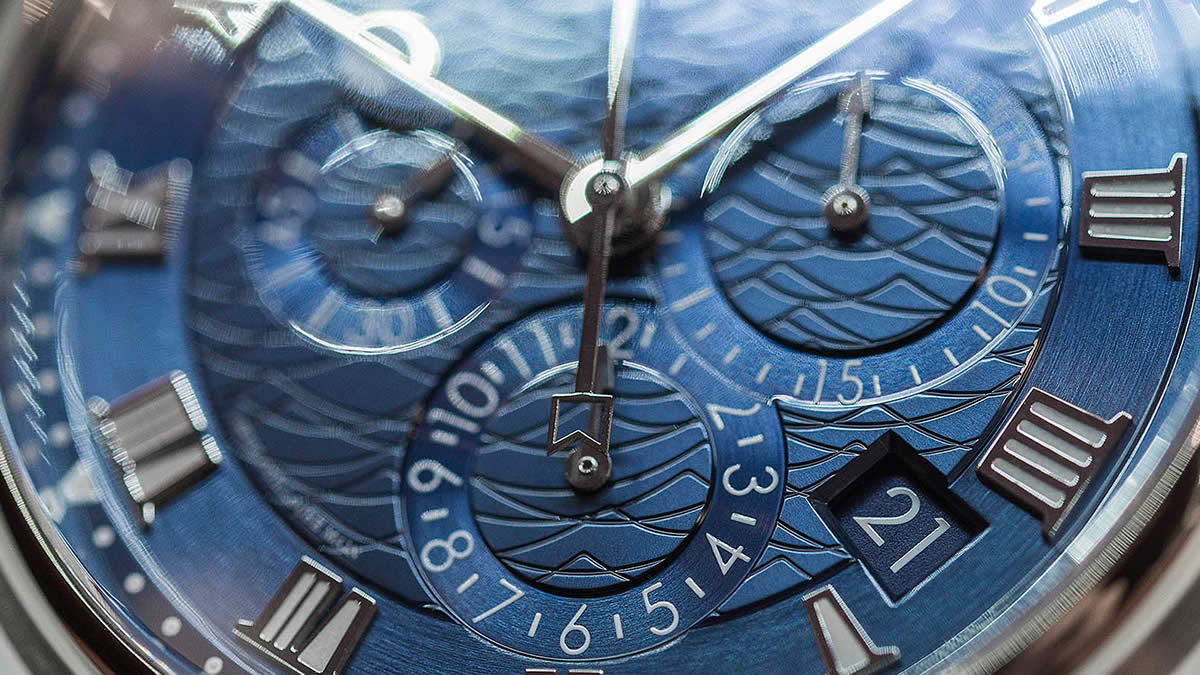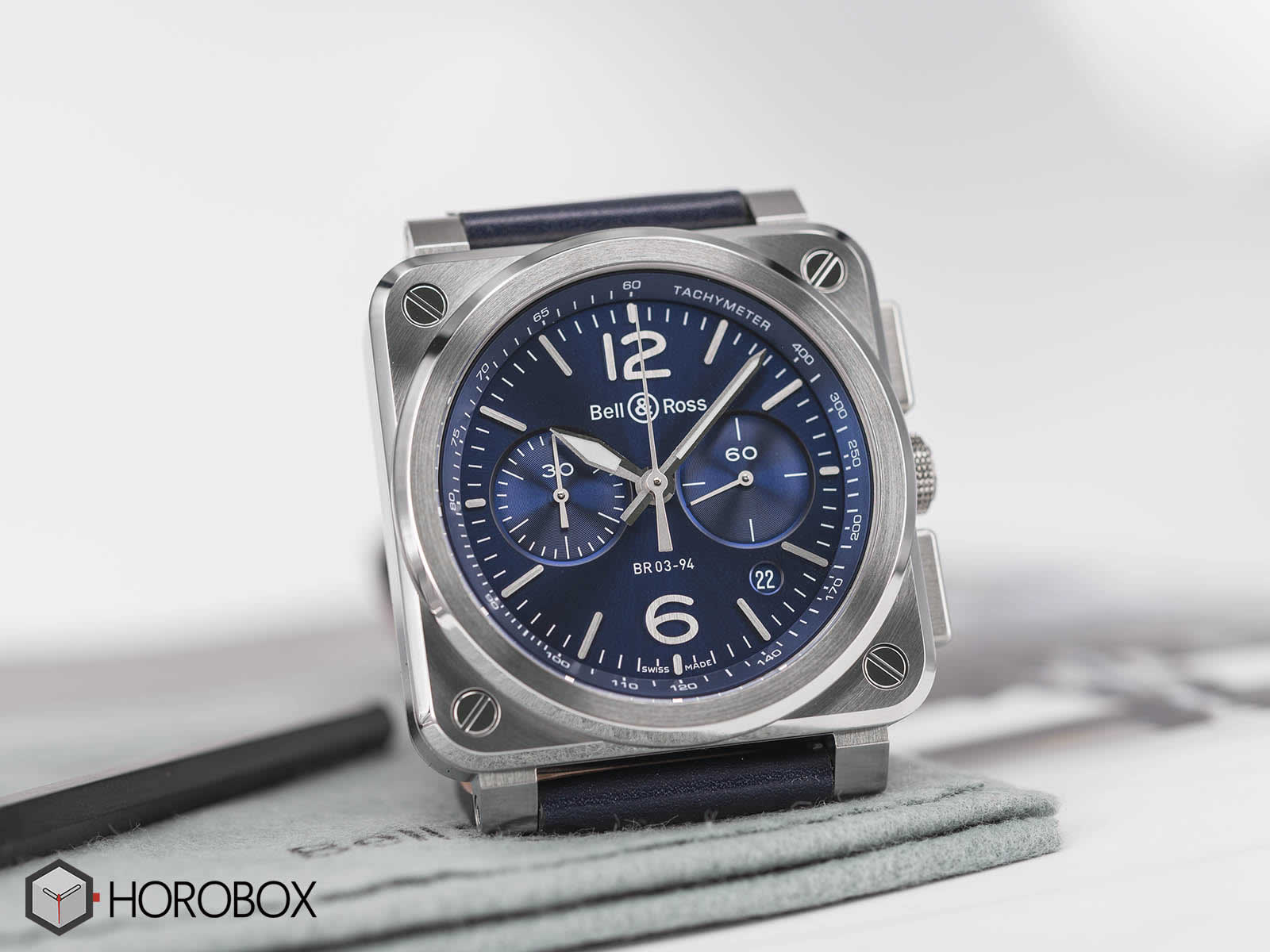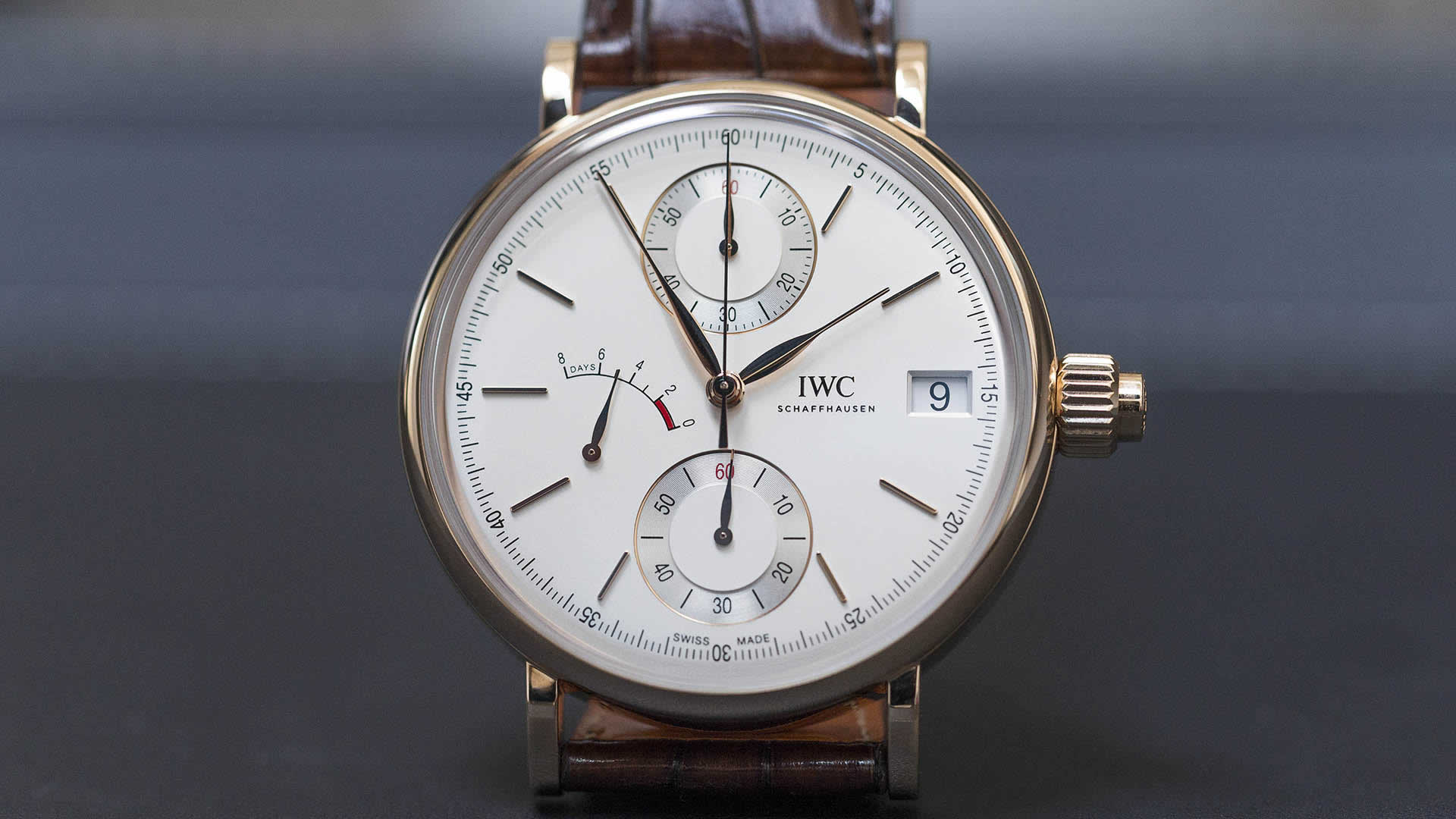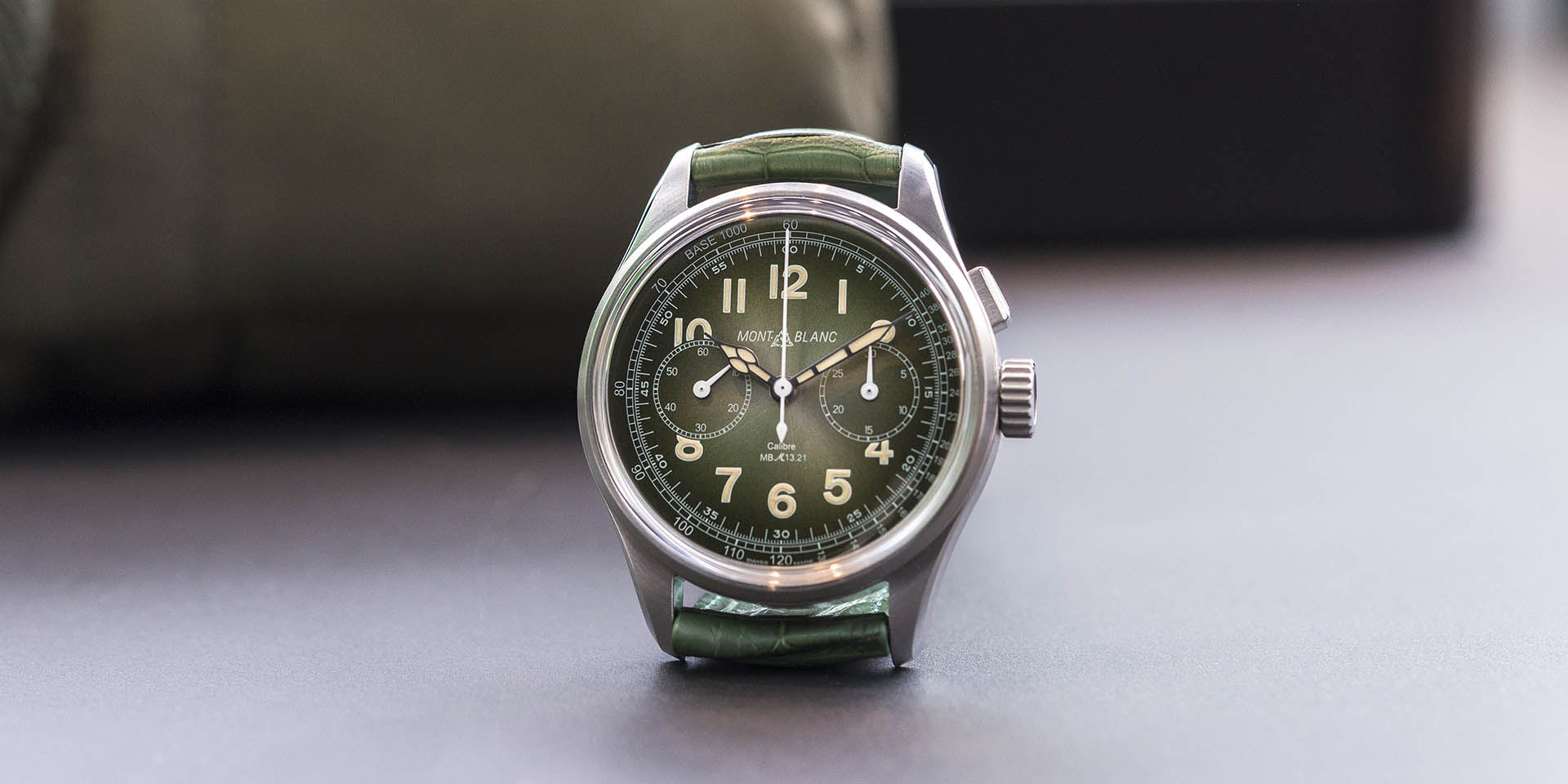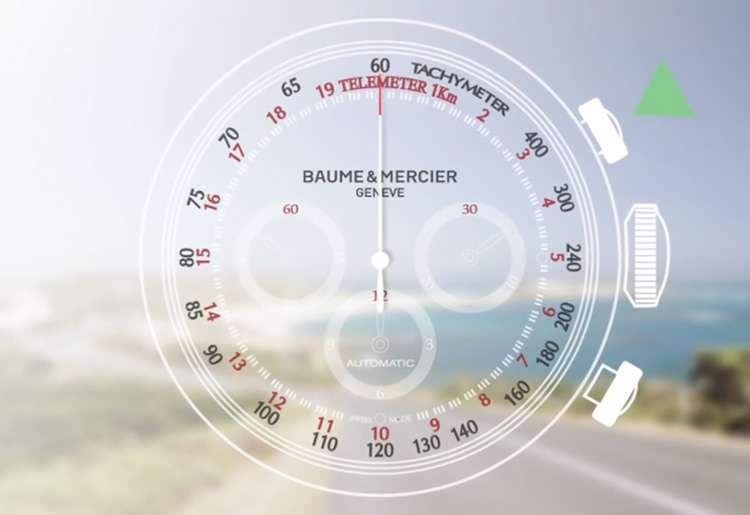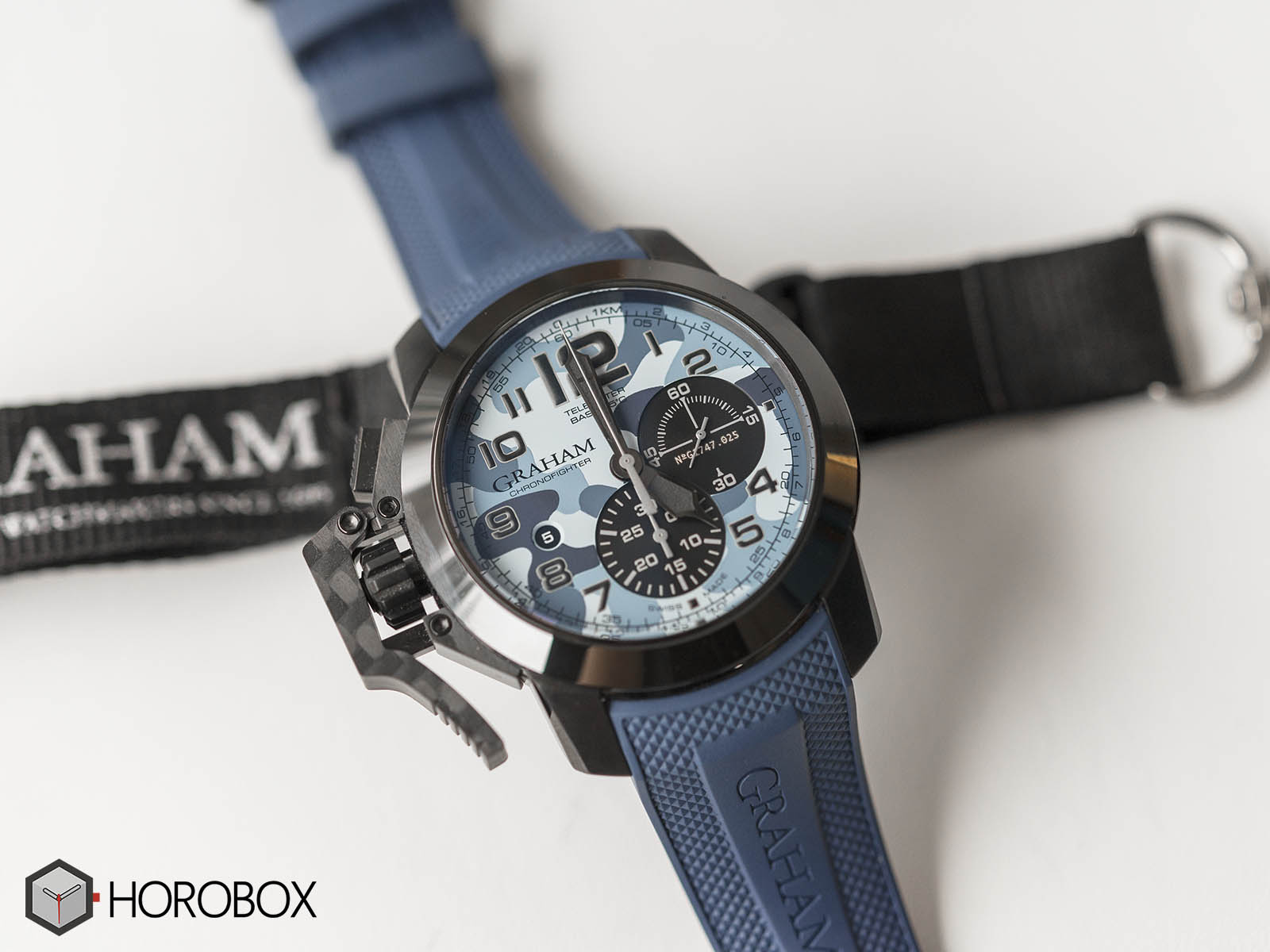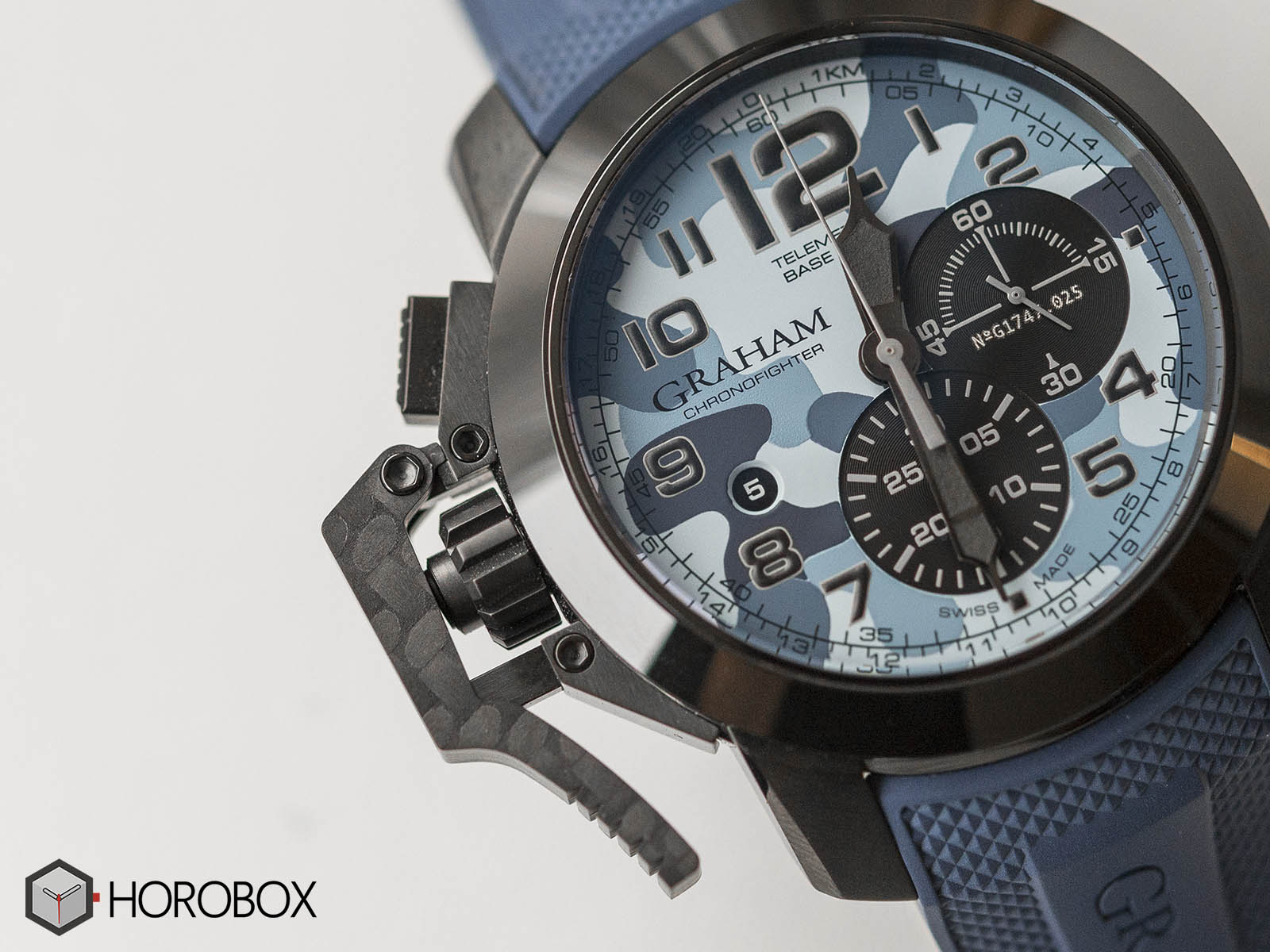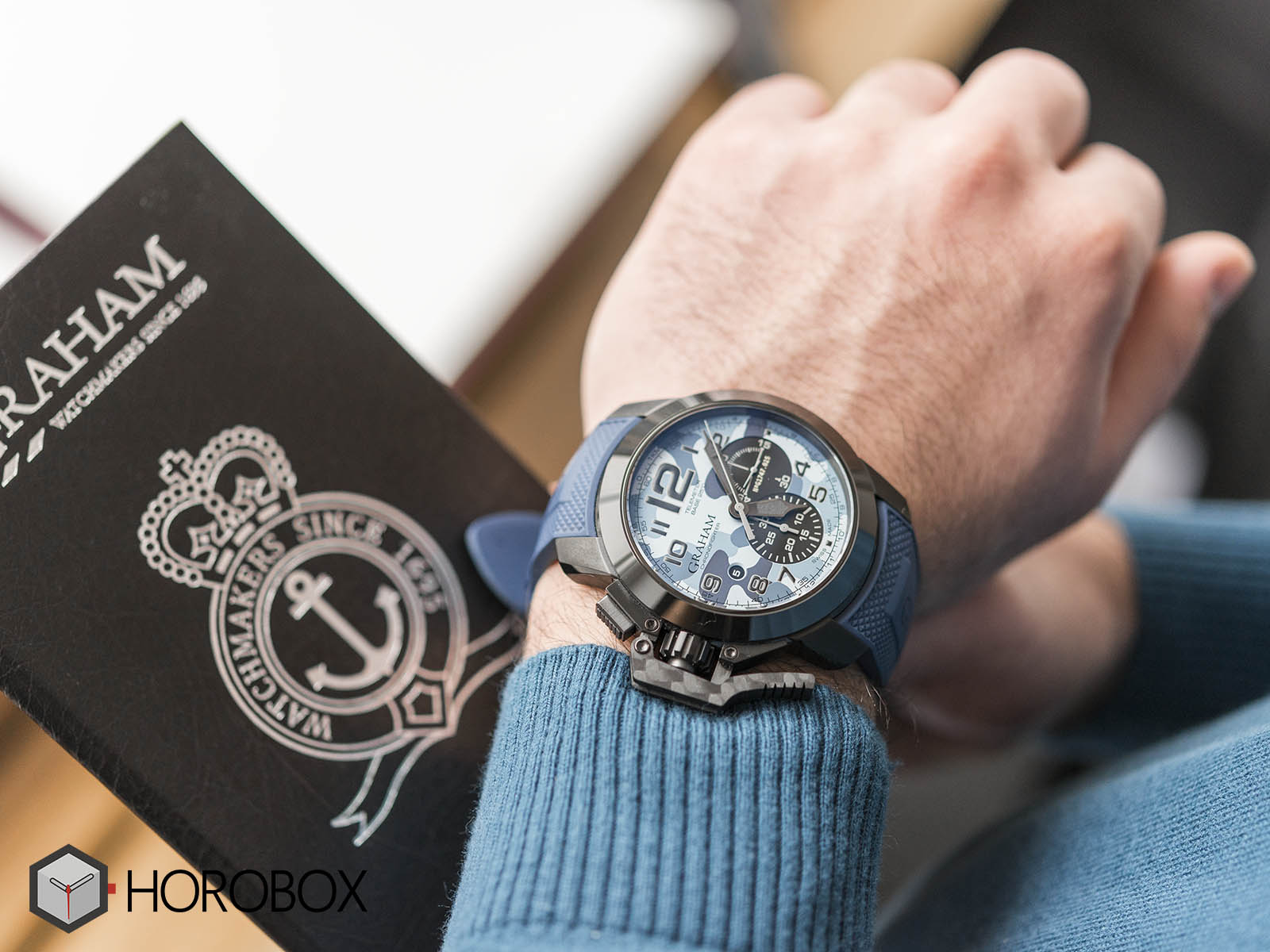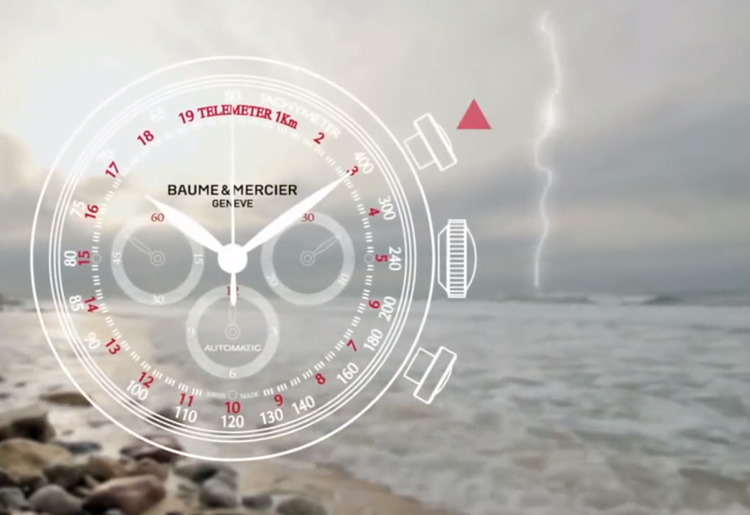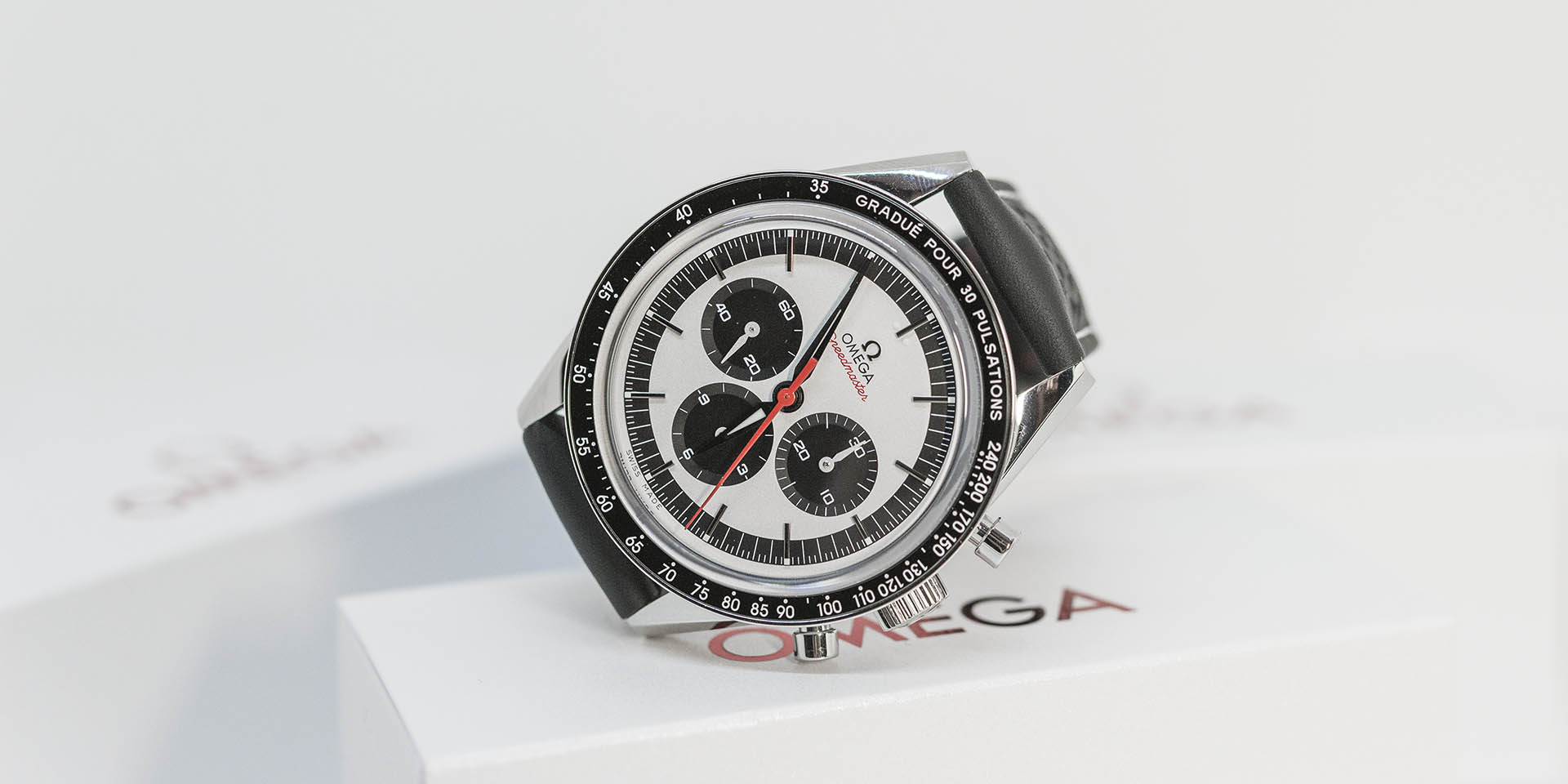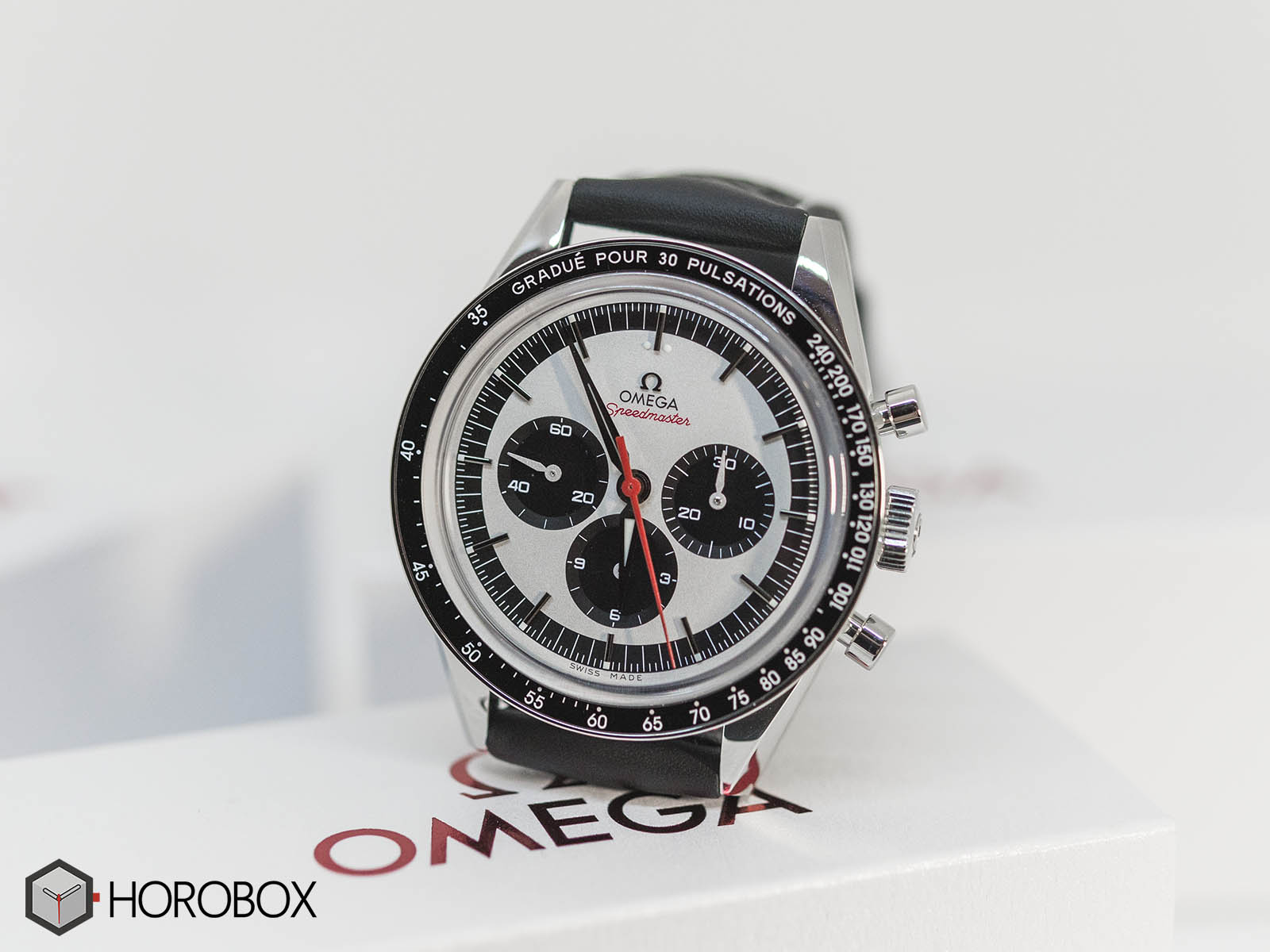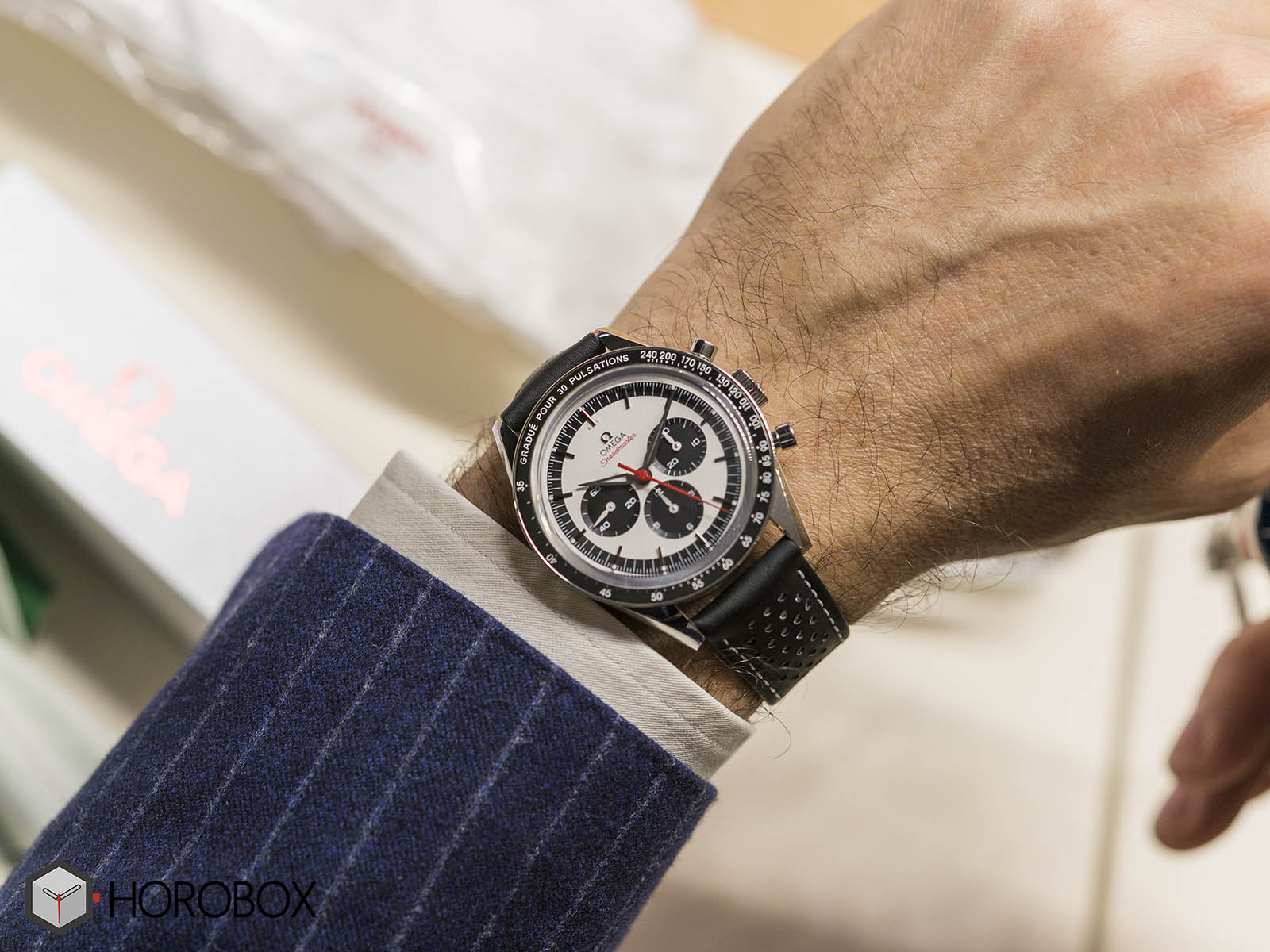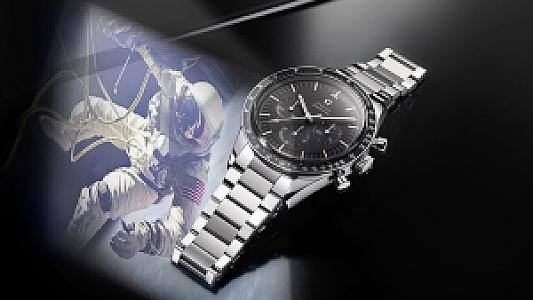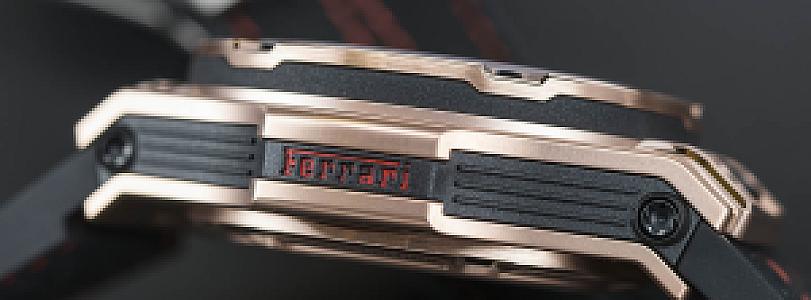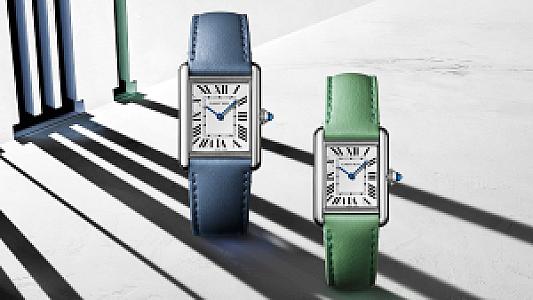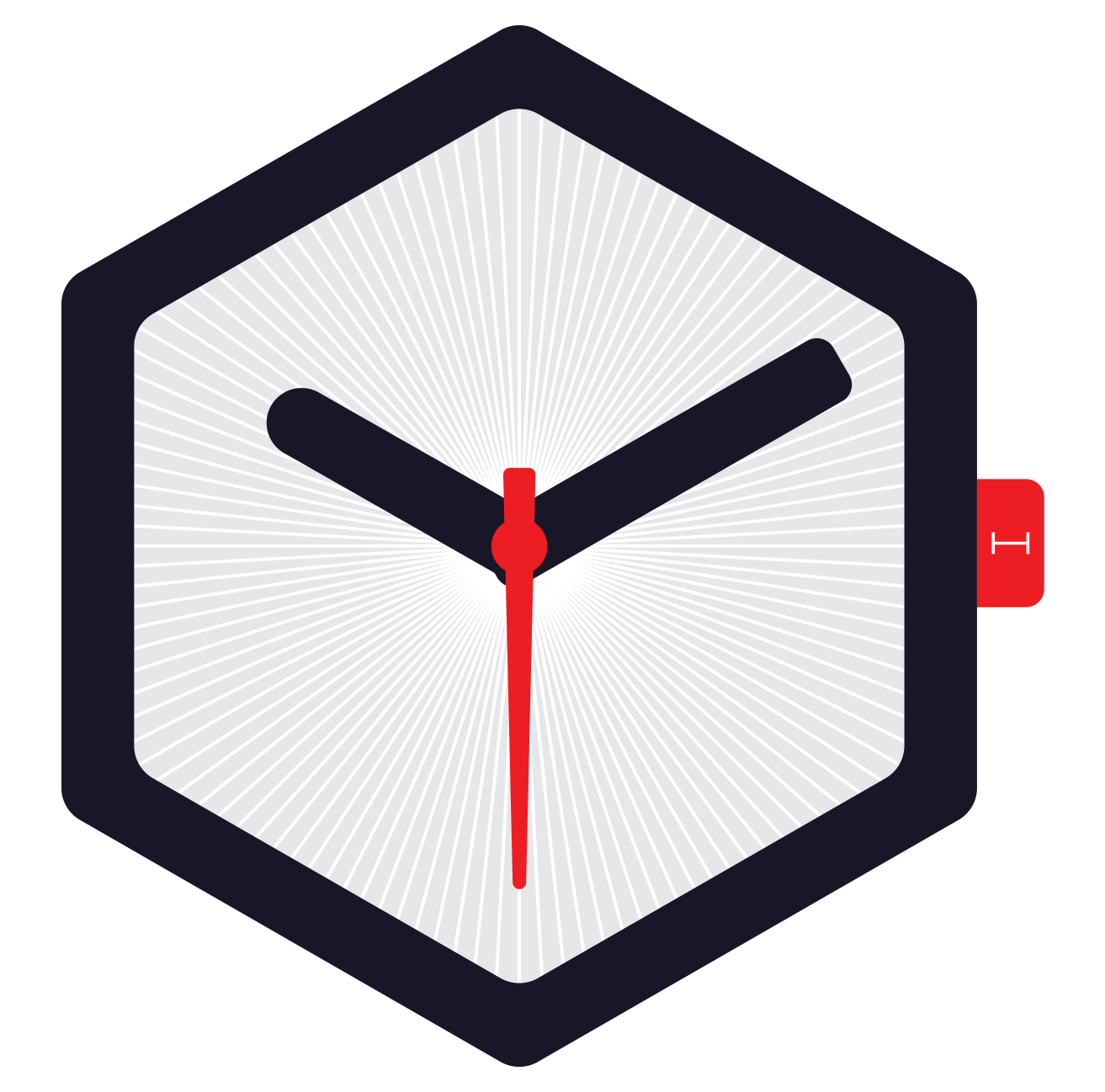
A brief look at three different types of scales found on bezel or inner dial chapters.
Chronograph is one of today’s most popular complications used by many watch brands. You can click on the link to get more detailed information about the chronograph function. A movement with chronograph complication means it is simply capable of measuring intervals within 0 to 60 seconds. In order to read the measured values, it is enough to look at the figures on the bezel or the inner dial chapter pointed with the chronograph second hand, which mostly rests at the center of the dial. The figures on these scales can be placed according to different arrangements, and in this way various forms of chronographs can be produced which can be used for specific tasks.
There are mainly three types of special scales.
Tachymeter
In today’s world of watches, the most frequently used special bezel or dial chapter is prepared according to the tachymeter principle. The sequence of numbers produced by engraving the bezel or printing on the dial is usually presented with the tachymeter label. Such scales are used to calculate the average speed within a distance of 1000 units. This 1000 units’ scale can optionally represent meters, miles, or any other unit of length. To use the tachymeter, the chronograph is started at any time while of the vehicle whom speed is being measured. When the distance of 1000 units is covered, the chronograph is stopped and the number of seconds indicated by the center hand displays the average speed of that vehicle.
Telemeter
Although it is a rarely used scale compared to tachymeter, telemeter is mostly found on military and pilot themed timepieces and used for prediction of distance from luminous objects.
For example, when a gun is fired, the fire coming out of the end of the barrel first appears and the sound is heard after a period of time, depending on the distance of the gun to the measuring point. The chronograph initiated by the sighting of the fire is stopped by the sound and the number written pointed by the center second hand corresponds to the distance between. The same application can be used to calculate the distance of a flash or lightning to the user of the watch.
Pulsometer
Pulsometer scale chronographs, also referred to as doctor’s watches, are often used to measure pulse or respiration rate. The pulsometers are usually calibrated to 15-30 pulses or 5 breaths.
The physician or the person who performs the measurement starts the chronograph according to the person whose pulse or respiratory repetition he or she wants to count. After observing the specified number of pulses and respiratory repetitions visually and / or manually (eg at 15th pulse) the chronograph is stopped. The number of seconds that the center hand points to the bezel or the dial displays the person’s pulse or respiratory rate per minute.
The above-mentioned scales can be used alone or in combination. Arranged in combination (eg. Tachymeter and Telemeter) a single timepiece can be used for different purposes and in a more functional way.
